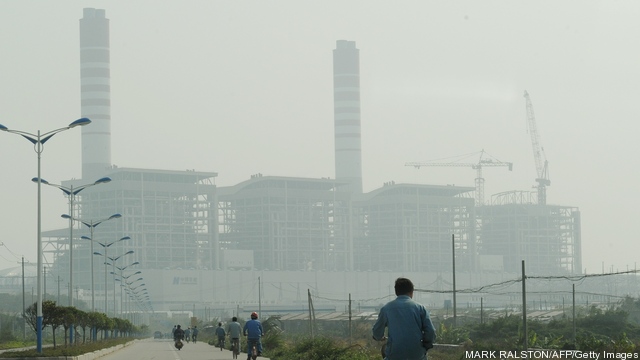
Integrating more renewables into the US grid will be costly and have unintended consequences, including potential for increased carbon emissions, that policymakers need to plan for, warns a new Massachusetts Institute of Technology Energy Initiative study.
The study, unveiled Monday, looked at what needs to be done to accommodate increasing percentages of renewables on electricity grids, said MITEI head Ernest Moniz. Keep reading →








